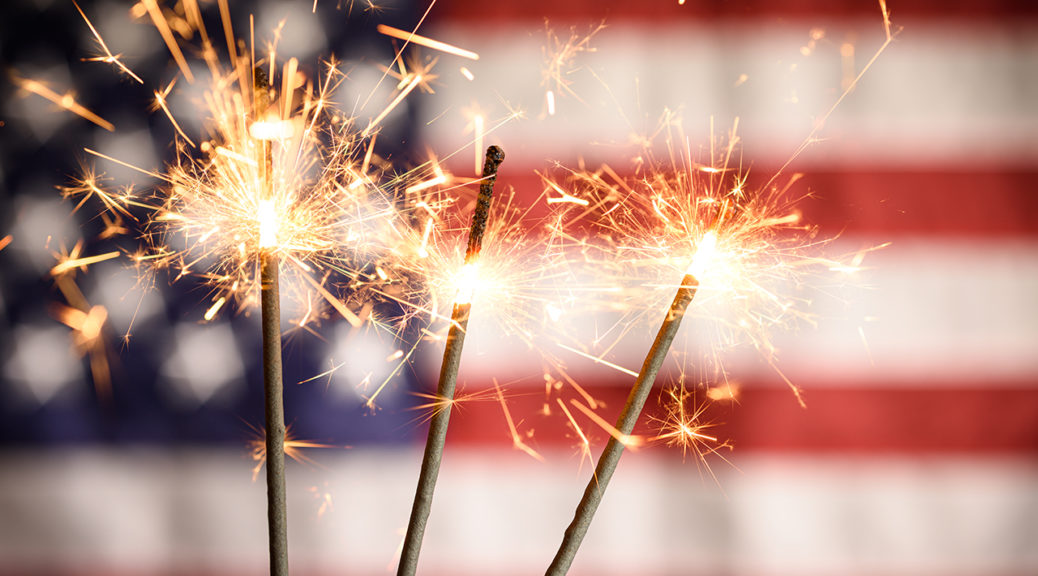The nonprofit Reshoring Institute surveyed 500 Americans across the country towards the end of last year. Each was asked a series of questions, including: Did they prefer to buy products labeled “Made in USA,” and would they pay more for these products?
Nearly 70% of the respondents said they prefer American-made products. Slightly more than 83% said they would pay up to 20% more for products made domestically. Access the complete survey here.
According to Reshoring Institute Executive Director Rosemary Coats, what this means is that US consumers look for, appreciate, and buy products that are made in the USA. In addition, American consumers are willing to pay more for products made here. She believes that manufacturers should take note.
More than you might think
It might be easy these days to think that globalization and the quest to reduce costs has left America without boasting rights for iconic products. After all, many items we love were born in the USA but are now manufactured elsewhere – ranging from Ray Ban sunglasses and Arrow shirts, to Gillette razors and Barbie dolls.
Take heart. We still are home to a wide array of beloved brand-named products, and here are just a few:
- Weber grills
- Gibson guitars
- KitchenAid mixers
- Crayola crayons
- Stetson hats
- Zippo lighters
- Benjamin Moore paint
- Oreck vacuum cleaners
- Post-It notes
- Pyrex glassware
- Lodge cast iron cookware
- Herman Miller furniture
- Igloo coolers
- Vitamix blenders
- Slinky toys
- Viking cooking appliances
- Steinway pianos
- Hallmark greeting cards
These companies aren’t just capturing the sentiment reflected in the survey we just shared, they’re benefiting from a home-grown advantage. A global pandemic has shown that any cost savings associated with outsourced, overseas manufacturing can be erased by shipping and logistics disruptions.
Here’s an actual example. CEO Daniel Burrows started Truckwings, a high-tech trucking panel company in 2015. To contain costs, he initially sourced parts from foreign manufacturers. Even before COVID-19, Burrows had started looking at the holistic impact of materials cost, shipping, operational complexities, and the risk of business disruptions. By returning the majority of manufacturing to America, his company has been able to make considerable impacts on cost reduction. In one case he was able to trim costs by about 20% and cut lead time from eight weeks to four weeks.
Presidential support
At the end of January, the Biden-Harris Administration signed an executive order to support manufacturers, businesses, and workers to ensure that our future is made in all of America by all of America’s workers. To be fair, the US government has had a longstanding approach to domestic purchases. This executive order makes it a stronger preference by:
- Directing government agencies to close current loopholes in how domestic content is measured and increase domestic content requirements.
- Appointing a new senior leader in the Executive Office of the President in charge of the government’s Made-in-America policy approach.
- Strengthening the Jones Act, which mandates that only US-flag vessels carry cargo between U.S. ports
Even at the highest level, we’re seeing the benefits of “Made in USA.”
We’re glad the rest of the country is catching up with the way we’ve looked at our role for the past four decades. We are local.
Vinyl Art calls Minneapolis, Minnesota our home. Our US-based location erases all concerns about foreign shipping logistics—without the need to pay more for the benefits of “Made in USA.” We keep even brand-new, customized projects affordable because of an existing stock of more than 5,000 dies that we can reconfigure.
There’s amazing value in keeping things in your own backyard. Let’s talk about how we can increase your use of domestic manufacturing.
We’d love to connect with you!
Contact the Vinyl Art Team at 1-800-569-1304or sales@vinylart.com


